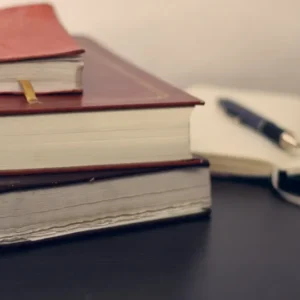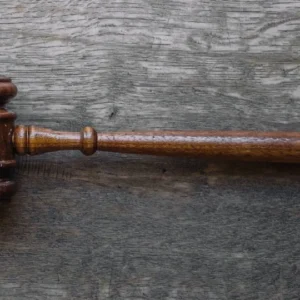5 CLAUSES TENANTS SHOULD LOOK OUT FOR IN A LEASE
Entering into a lease agreement is a significant legal and financial step, one that requires careful consideration. As you prepare to settle into your new space, it’s essential to be aware of certain clauses that could impact your tenancy.










